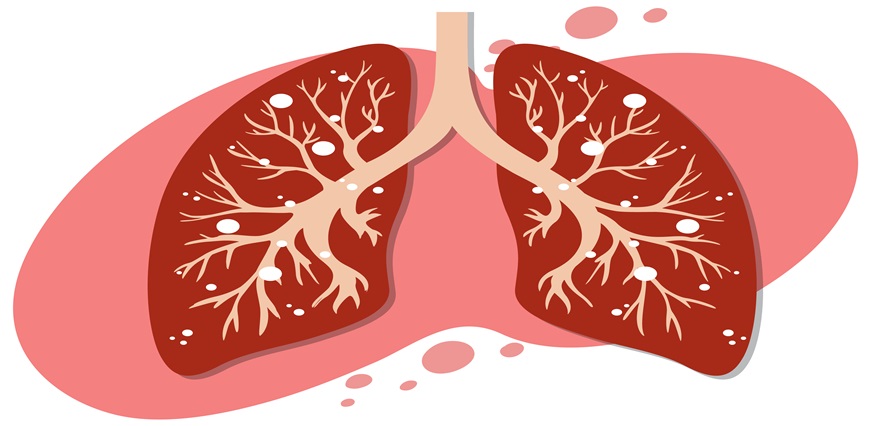





No lab centers are available in this city

Max Lab
Feb 29, 2024
Bronchitis is a health condition that causes inflammation in the bronchial tubes. In simple words, these tubes are airways that lead to the lungs, and air flows through them. When the lining of these tubes gets inflamed, it may result in persistent coughing along with excessive mucus production. Often developing from a common cold or flu, bronchitis is among the most common infections of the lungs.
Here is a detailed explanation of bronchitis, its types, symptoms, causes, and treatment:
There are two types of bronchitis infections:
Both acute and chronic bronchitis have a few similar warning signs, such as:
Although the symptoms of bronchitis may start improving within a few weeks, the cough can take a little longer to resolve. It gets better only when the bronchial tubes start healing and the swelling starts subsiding.
In most cases, the common cause of bronchitis is the same virus that causes a common cold or flu. However, bacteria can also cause an acute bronchitis infection. No matter what the reason is, this is a health condition that causes the bronchial tubes to swell up. In addition to that, it also increases mucus production in the body significantly. As a result, the airways leading to the lungs get narrower, making it difficult for the person to breathe.
Apart from this, here are some of the main causes of chronic bronchitis:
Here are a few things that put an individual at a higher risk of developing a bronchitis infection:
Although a single episode of acute bronchitis should not be a cause for concern, sometimes it may lead to pneumonia. If left untreated for a long time, this may also result in repeated bronchitis flare-ups. Eventually, it may lead to chronic bronchitis and other COPDs (chronic obstructive pulmonary diseases).
Generally, acute bronchitis is an infection that doesn’t cause any serious issues. But sometimes, it may lead to problems like fever, persistent cough, restlessness, etc., and this is when one should immediately visit a doctor.
The diagnosis of bronchitis only requires a physical exam, followed by a few simple questions. These questions can be related to coughing and the kind of mucus that comes with it. Depending on the symptoms experienced by an individual, the doctor may also suggest a few tests, such as:
Acute bronchitis is a disease that takes a few days to get better with over-the-counter medication. If it is caused by bacteria, the doctor may prescribe an antibiotic and a few other medicines to ease other symptoms. If an individual has asthma or any kind of allergy, they are more likely to suggest an inhaler. It opens the airways by reducing inflammation, and one can easily breathe without any discomfort.
In addition to the bronchitis treatment, there are a few things one can do to ease the symptoms, such as:
In chronic bronchitis, the doctor may also suggest oxygen therapy. Since it deals with low levels of oxygen in one’s blood, it is considered the best treatment for bronchitis. Other than this, people who have severe breathing problems are also advised to participate in a pulmonary rehabilitation program as part of chronic bronchitis treatment. It may include:
There are several precautions that one can take to avoid a bronchitis infection, such as:












Sign up takes less than 60 secs and gives you access to your offers, orders and lab tests.
Looks like you are not registered with us. Please Sign up to proceed
OTP will be sent to this number by SMS
We have successfully received your details. One of the agents will call you back soon.
 To reach our help desk call 9213188888
To reach our help desk call 9213188888
No Lab Centers are available in this city
Looks like you are not registered with us. Please Sign up to proceed
OTP will be sent to this number by SMS
Not Registered Yet? Signup now.Looks like you are not registered with us. Please Sign up to proceed





 7982100200
7982100200.png)
Comments